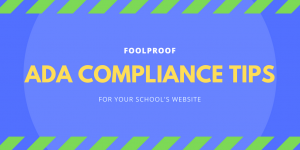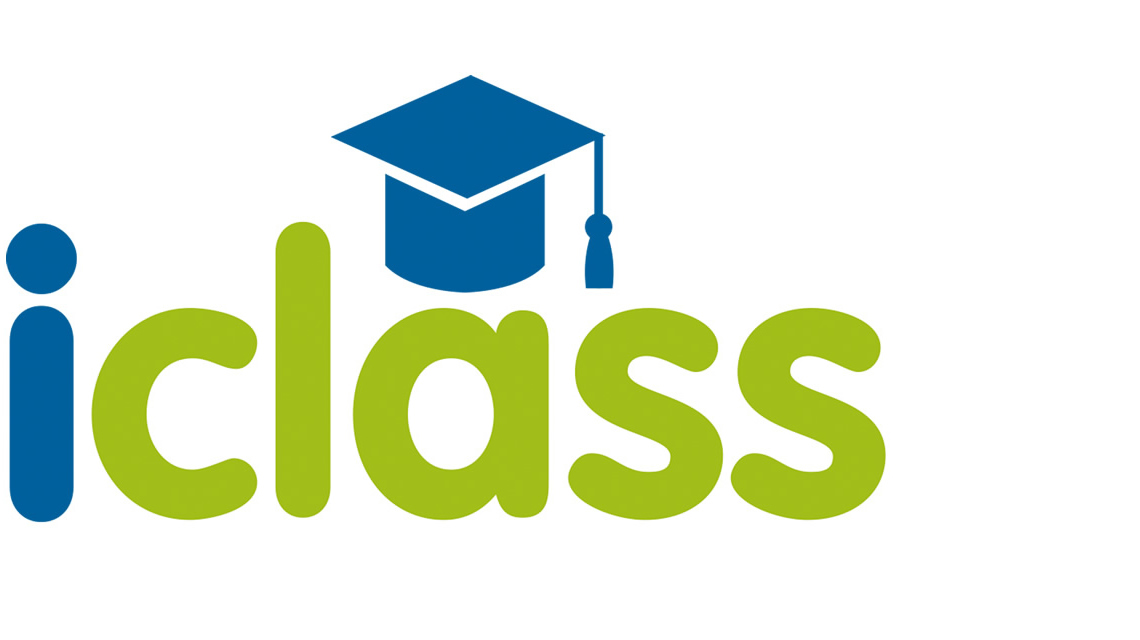
When crafting a school webpage, it’s critical to consider how all users will interact with the site. It’s valuable for schools to be proactive when considering how the site will function for users with disabilities. Here are 5 simple fixes for common accessibility problems on the web.

Problem #1: Media Accessibility
Users are unable to view or listen to images, videos, and audio files.
Fix: Create alt tags for all multimedia files on the site. These provide a description of the content that users can read or hear. Learn about how to create descriptive alt tags here. Create text transcripts for video and audio content.
Problem #2: Time Constraints
Users lose data after a site’s time limit expires or they are forced to reauthenticate. This is an issue for parents who are enrolling their children or registering to volunteer.
Fix: Make sure data entered in forms is automatically saved as a user progresses through the site.
Problem #3: Navigation
Navigation should be consistent and logical. All navigation can be performed with a keyboard.
Fix: Ensure that pages have a coherent layout and position on the site. Provide multiple pathways by which users can navigate the site. “Skip navigation” functionality will let users seamlessly access information.
Problem #4: Documents
Most schools use their website to post and share documents with pupils, parents, and the community. Many are uploaded in PDF form, and there is no way for visually impaired users to access a description.
Fix: Provide text from all documents in another text-based form, such as HTML or RTF.
Problem #5: Visual Design Elements
Color and contrast ratios are important to the aesthetic appeal of your website but can make it hard for users to view information. Additionally, many sites feature small text. Often, it is impossible for users to change the site’s settings for color and font size.
Fix: Ensure that users are able to view the site using the operating system or browser preferences for color and font size.


 UK + 442895907779
UK + 442895907779 customerservice@iclasscms.com
customerservice@iclasscms.com


